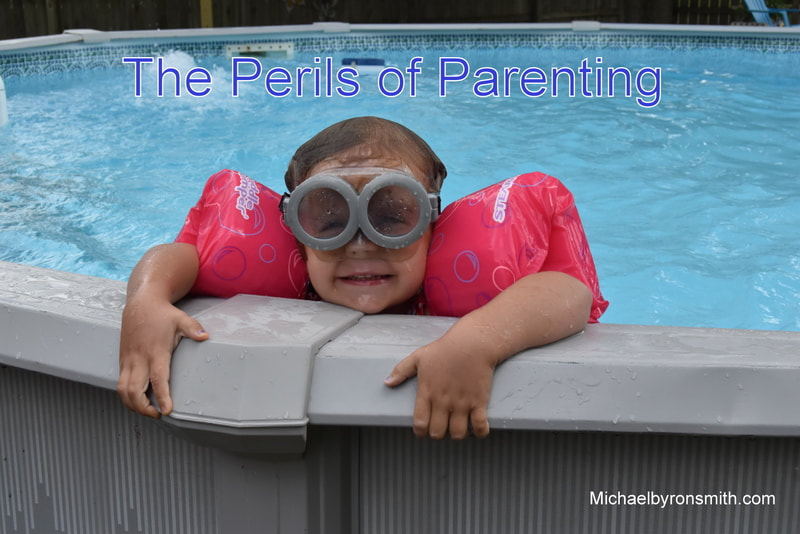
ou know what kids want, besides sympathy, sweets, and getting their way? They want to be loved, understood, and protected. They also want someone to help them when they need it and to watch their backs. Who better to do that than Mom and Dad?
What else do kids want? They want answers but may not ask. They want discipline but won’t admit it. They want consistency, but may not know it. They want attention, but on their terms. Surprisingly, perhaps, they don’t expect you to be perfect, but they do want you to be fair. It’s left up to parents to connect the dots, knowing when to give their kids what they want but may not realize.
Discipline is the tough responsibility for most parents. Characteristically, discipline is accompanied by anger, uncertainty, tentativeness, and a desire to look past the infraction and often followed by remorse, guilt, and reflection. When my oldest daughter was a young teen, I became upset with her for reasons I don’t recall. But I became angry at her defiance at the time. It was stealthy defiance, the kind where kids give you the “how dare you” look. My rising anger involved yelling and threatening looks. As I recall, I acted more threatening than I would ever be in reality. Regretfully, I was resorting to fear as my weapon. My official stance is to never parent through fear, but we know that isn’t always easy.
When a child gives you a smirk, or laughs at your reprimands, or ignores your directions, it is a show of disrespect. That disrespect is a challenge to you. It’s a test of where the limits are and a power-play you cannot lose. But how do you go about not losing? How do you keep your cool? If I had a pat answer to that, I would have a parenting show on the Oprah Winfrey Network. What I do know is you must have a response that is swift and strong - but without anger. But who am I kidding? How can you not have anger occasionally?
When I say your response should be without genuine anger, I mean being out of control. Showing controlled anger helps to get your point across, IMHO. Without having any specific recommendation as to how to handle a challenge by your child, I do recommend that you be thinking at that moment, “Am I in control?” While fear is not a gold star tool of parenting, you must demand respect from your children. Fortunately, you can get that respect by your fairness and consistency throughout your parenting. It will do you well in most circumstances. But we don’t live under a permanent rainbow, nor do we ride unicorns on cotton candy clouds. Challenge is in children’s nature. It’s how they learn.
When kids refrain from doing something, of which you would not approve, hopefully, their decision is based on fear of losing your respect and not out of fear of reprisal. But fear is a very close cousin to respect, and we can’t deny that. For instance, I admire 99% of police for what they do and the dangers they face. But I also have a bit of fear when one knocks at my door or pulls me over in traffic. Police carry weapons - there is both fear and respect in that. In a way, you are the law enforcers in your home, and kids react in different ways to your authority. Some will respect your earned authority (you’re a good cop) and others will not (evoking the bad cop).
I still think about that time some thirty years ago when I frightened my daughter over her perceived disrespect for me. I may have overreacted (although I think she overreacted also). I regret that incident, but while I was angry and showed it, I knew what I was doing at the time. I was not out of control. I may not react the same way today, but my daughter did know one thing after that incident - I loved her, and I was being her dad.
Summary
There are no pat answers to parenting. However, always think through what you are doing. Never lose control. Mistakes will be made, and be comforted that you are not alone in making them. Perfection will not be the reason your kids love you. But there is something that will make them love (or hate) you, and that is their perception of you. If your children:
- perceive you are loving and protecting them,
- that you have their backs,
- that disciplining is just part of your molding them to be better people, and
- you are predictable and consistent,
Your child’s perception of you is more important than your attempted perfection as a parent!
Originally posted July 2019





